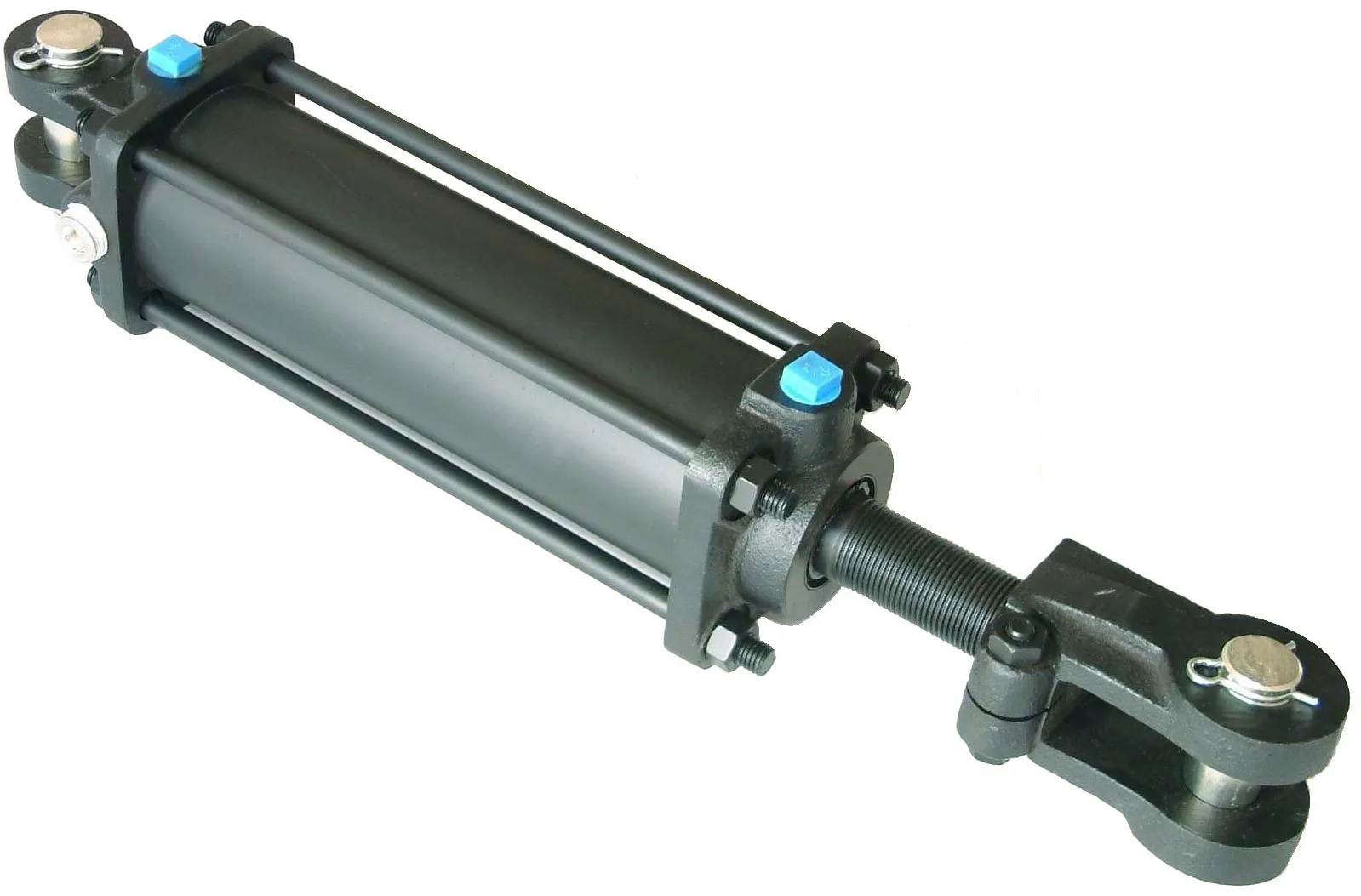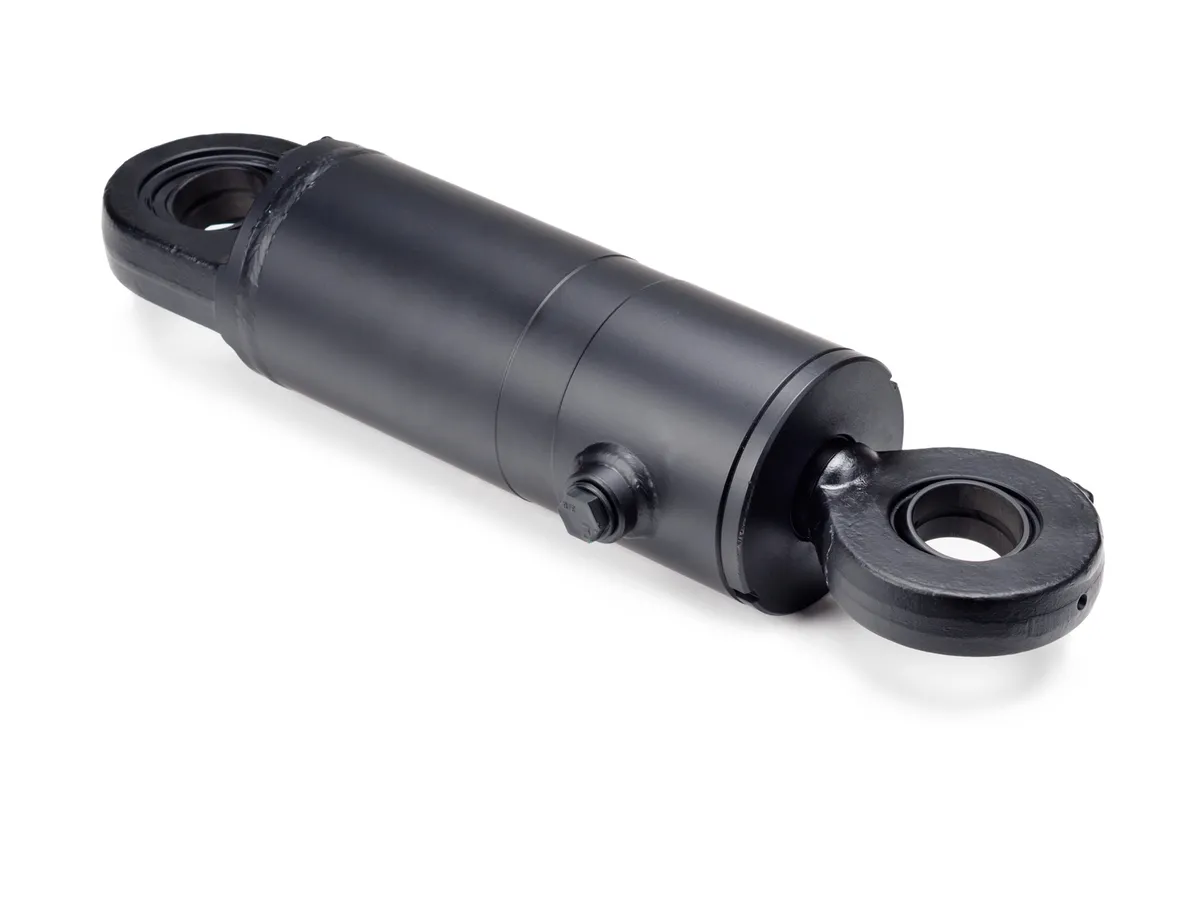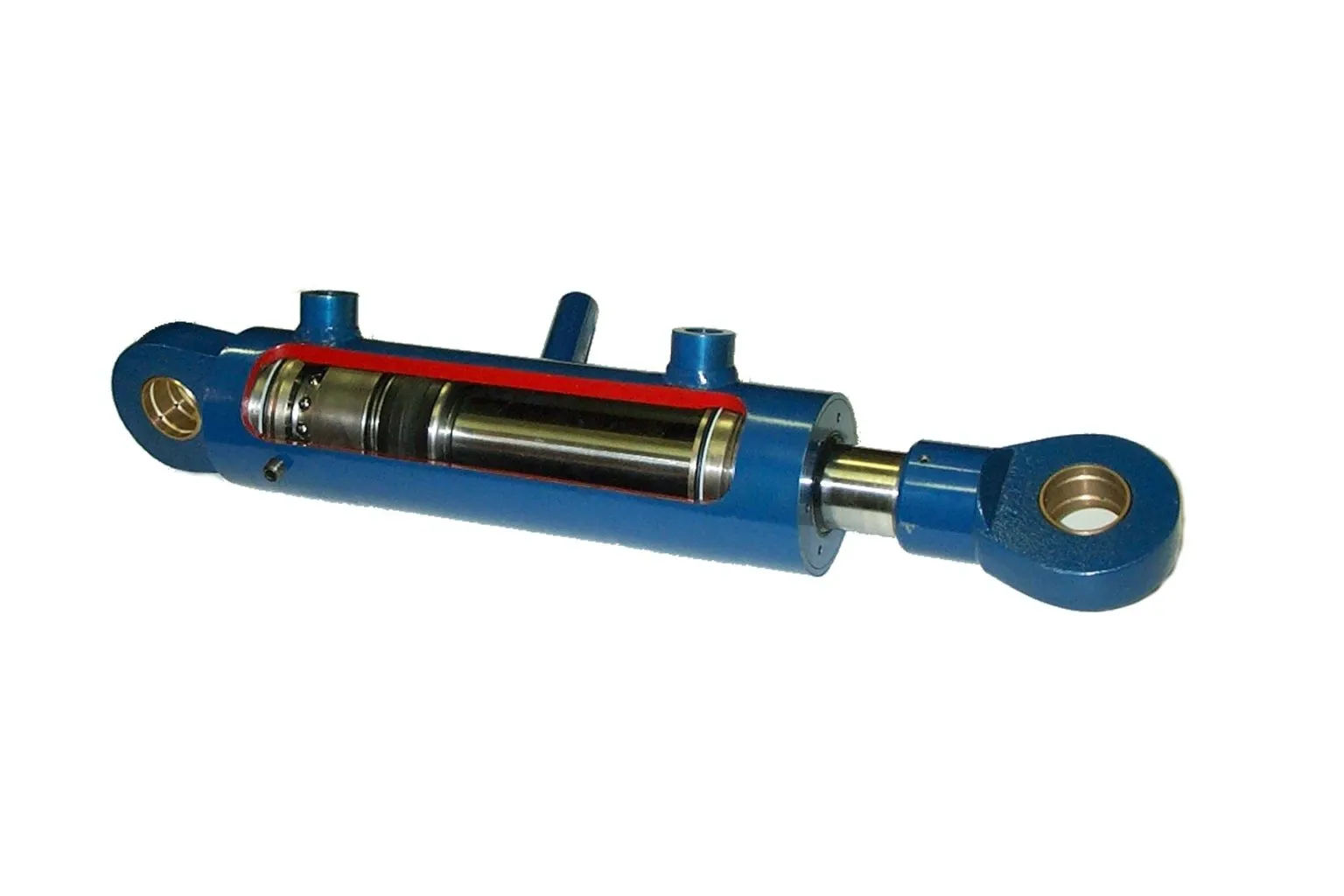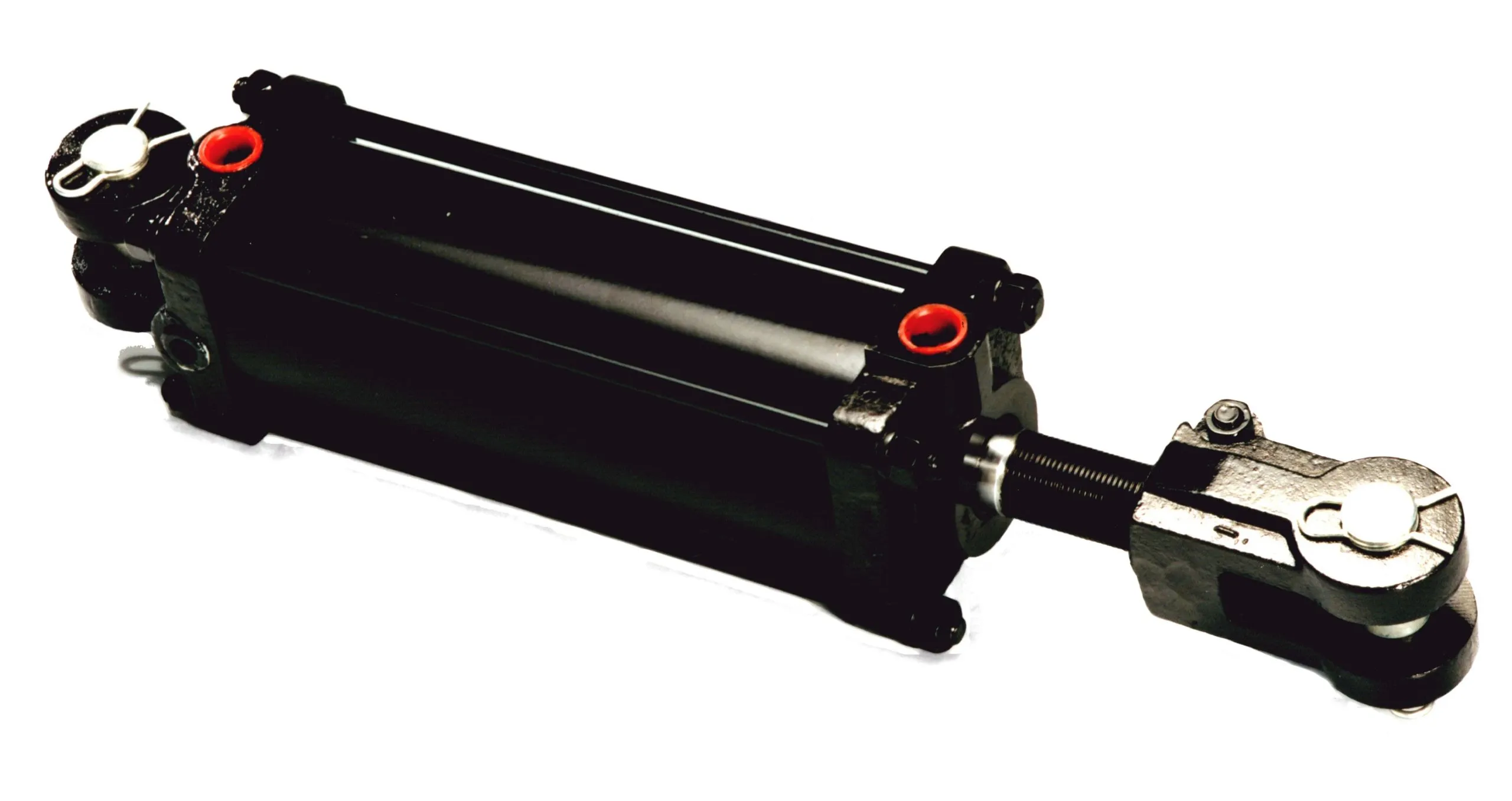Common Issues With Double Rod Single Acting Hydraulic Cylinders: Troubleshooting and Solutions
Introduction to Double Rod Single Acting Hydraulic Cylinders
Double rod single acting hydraulic cylinders are widely used in various industrial applications due to their design, which allows for consistent force delivery in a compact form. These cylinders come equipped with a rod on both sides, providing a balanced force and making them ideal for applications where space is limited. However, like any hydraulic system, they are susceptible to specific issues that can hinder performance. Understanding these common problems and their solutions is essential for maintaining efficiency and prolonging the lifespan of these hydraulic devices.
1. Leakage Issues
Leakage is one of the most prevalent issues faced by double rod single acting hydraulic cylinders. This can occur due to several reasons:
- Seal Wear: The seals within the cylinder can degrade over time due to friction and exposure to harsh chemicals or extreme temperatures. Regular inspection and replacement of seals can mitigate this problem.
- Pitting and Corrosion: The internal surfaces of the cylinder may develop pitting or corrosion due to contamination in the hydraulic fluid or lack of proper lubrication. Maintenance of fluid cleanliness and using materials resistant to corrosion can help prevent this issue.
- Improper Installation: Incorrectly installed cylinders can lead to misalignment, causing undue stress on seals and leading to leaks. Ensuring proper installation techniques and alignment can significantly reduce this risk.
2. Cylinder Rod Damage

The cylinder rod is a critical component, and any damage to it can lead to significant performance issues. Common causes of rod damage include:
- External Impacts: The rod may be subjected to external impacts or forces that can lead to bends or scratches. Protective guards can help shield the rod from potential damage.
- Overloading: Subjecting the cylinder to loads exceeding its rated capacity can cause deformation or breakage of the rod. Regular monitoring of load limits is essential to prevent overloading.
- Corrosion: Exposure to moisture can lead to rust formation on the rod, affecting its smooth operation. A regular maintenance schedule that includes cleaning and applying protective coatings can mitigate corrosion.
3. Contamination of Hydraulic Fluid
Hydraulic fluid contamination is a serious issue that can lead to various malfunctions in double rod single acting hydraulic cylinders. Types of contamination include:
- Particulate Contamination: Dirt, dust, or metal shavings can enter the hydraulic system, leading to increased wear and tear on internal components. Implementing proper filtration systems can greatly reduce particulate contamination.
- Water Contamination: Water can enter the hydraulic fluid due to condensation or leaks, which can lead to rust and reduced lubrication. Regular checks for water in the hydraulic fluid are essential, and proper drainage systems should be in place.
- Chemical Contamination: Exposure to chemicals can alter the properties of hydraulic fluid, leading to decreased performance. Using compatible materials and ensuring proper storage of fluids can prevent chemical contamination.

4. Inconsistent Cylinder Movement
Inconsistent or jerky movement of the hydraulic cylinder can indicate underlying issues. Possible causes include:
- Air in the System: Air bubbles can form in the hydraulic fluid, causing erratic movement. Bleeding the system to remove trapped air can restore smooth operation.
- Improper Fluid Levels: Low hydraulic fluid levels can lead to inconsistent pressure and movement. Regular checks and maintenance of fluid levels are necessary to ensure optimal performance.
- Faulty Valves: Malfunctioning valves can disrupt the flow of hydraulic fluid, leading to uneven movement. Regular inspection and timely replacement of valves can help maintain consistent operation.

5. Overheating
Overheating in hydraulic systems can lead to severe damage and reduced efficiency. Common causes of overheating include:
- Excessive Load: Operating the cylinder under excessive load can generate heat due to increased friction. Ensuring that loads are within specified limits can help prevent overheating.
- Poor Ventilation: Inadequate cooling due to poor ventilation can lead to heat buildup. Ensuring proper airflow around hydraulic components can help maintain optimal temperatures.
- Fluid Breakdown: High temperatures can cause hydraulic fluid to break down, losing its lubricating properties. Regular fluid changes and monitoring of fluid conditions are essential to prevent overheating.
6. Cylinder Misalignment
Misalignment of the hydraulic cylinder can lead to uneven wear and premature failure. Common causes include:
- Improper Mounting: Incorrect mounting can lead to misalignment, causing undue stress on seals and rods. Ensuring proper mounting techniques and alignment checks can prevent this issue.
- Structural Shifts: Changes in the surrounding structure or support can lead to misalignment. Regular inspections of the mounting structures can help identify and correct any shifts.
- Wear Over Time: Components can wear down over time, leading to misalignment. Regular maintenance and inspections can help detect wear early and allow for timely adjustments.

7. Noise and Vibration
Excessive noise and vibration can indicate problems within the hydraulic cylinder. Potential causes include:
- Internal Damage: Damage to internal components can lead to rattling or clanking noises. Regular inspections can help identify and address internal damage before it leads to failure.
- Air Leaks: Air leaks can cause hissing noises and affect the system’s performance. Conducting regular leak tests can help identify and fix air leaks promptly.
- Poor Lubrication: Insufficient lubrication can lead to increased friction, causing noise and vibration. Regular checks of lubrication levels are crucial for smooth operation.
Conclusion
Double rod single acting hydraulic cylinders are essential components in many industrial applications, but they can encounter various issues that may affect their performance. By understanding the common problems, such as leakage, rod damage, contamination of hydraulic fluid, inconsistent movement, overheating, misalignment, and noise, operators can take proactive measures to address them quickly. Regular maintenance, inspections, and timely repairs will ensure these hydraulic cylinders operate efficiently and have a prolonged lifespan.
For those looking for high-quality hydraulic solutions to meet their operational needs, EVER-POWER offers a wide range of hydraulic cylinders and components designed to enhance performance and reliability. With a commitment to quality and customer satisfaction, EVER-POWER is your trusted partner for all your hydraulic system requirements.
